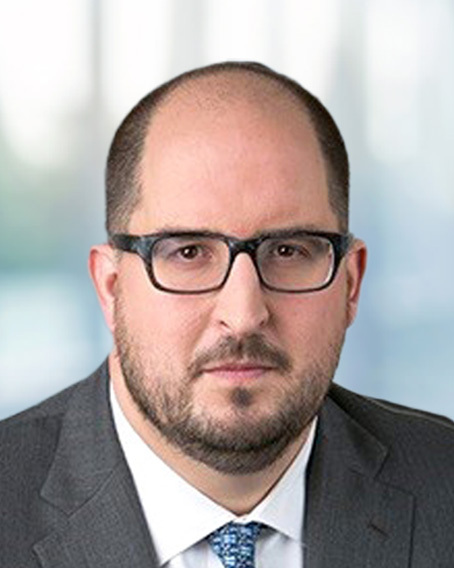By Ryan Preston Dahl, Leonard Klingbaum, Stephen Iacovo, and Tessa Ptucha (Ropes & Gray LLP)




Judge Isgur’s recent summary judgment opinion in the chapter 11 case of Wesco Aircraft Holdings, Inc. addressing the effects of a Wesco’s 2022 “uptier” liability management transaction on certain non-participating noteholders has been viewed with nearly undisguised glee by opponents of “majority rules” transactions and with skepticism, if not alarm, by proponents of such transactions. The ruling may be read to (explicitly or not) accept the notion that “implied sacred rights” may be read into credit documents to thwart what are otherwise commonplace aspects of credit documentation. At issue in the decision was Wesco’s 2022 uptier transaction, which, through a series of related transactions, permitted certain participating noteholders to exchange their existing notes into new notes with senior priority liens on a non-pro rata basis despite the indentures’ pro rata redemption requirement. One of the key questions facing the 2022 uptier transaction is whether it was authorized under the indentures as an “open market purchase” or was instead a “redemption” which would have breached the indentures. The other notable breach of contract issue that Judge Isgur determined required a trial was whether the 2022 uptier transaction constituted a “single, integrated transaction,” which would have required a two-thirds vote from pre-transaction noteholders to consummate.
By allowing the breach of contract claims to proceed to trial, the Wesco decision provides non-participating creditors with a roadmap to litigate to judgment, or at least delay, non-pro rata liability management transactions. In this vein, the Wesco decision is a welcome addition to the existing caselaw on non-pro rata liability management transactions for creditors left out (or that opt out) of such transactions and their allies. The Wesco decision is even more favorable for non-participating creditors than existing state court decisions, however, because Judge Isgur allowed the tortious interference claims of non-participating noteholders against the debtors and the participating noteholders to proceed to trial. The Court’s ruling therefore leaves open the possibility that creditors (and not just obligors) may bear the risk for a liability management transaction that is subsequently unwound in the courts. Arguably, however, the Wesco decision may be confined to its facts because the 2022 transaction is one of the most aggressive uptier transactions to be litigated to date. Regardless, the Wesco decision serves as another cautionary reminder that non-pro rata transactions may well invite litigation, if only for its own sake, and that such litigation may survive summary judgment and proceed to trial—even in bankruptcy court. Companies and creditors alike should therefore think carefully as to how they can mitigate execution risks where non-participating creditors may believe they can inflict litigation costs on borrowers and their counterparties—regardless of the merit of the underlying arguments.
Click here to read the full article.

Leave a Reply